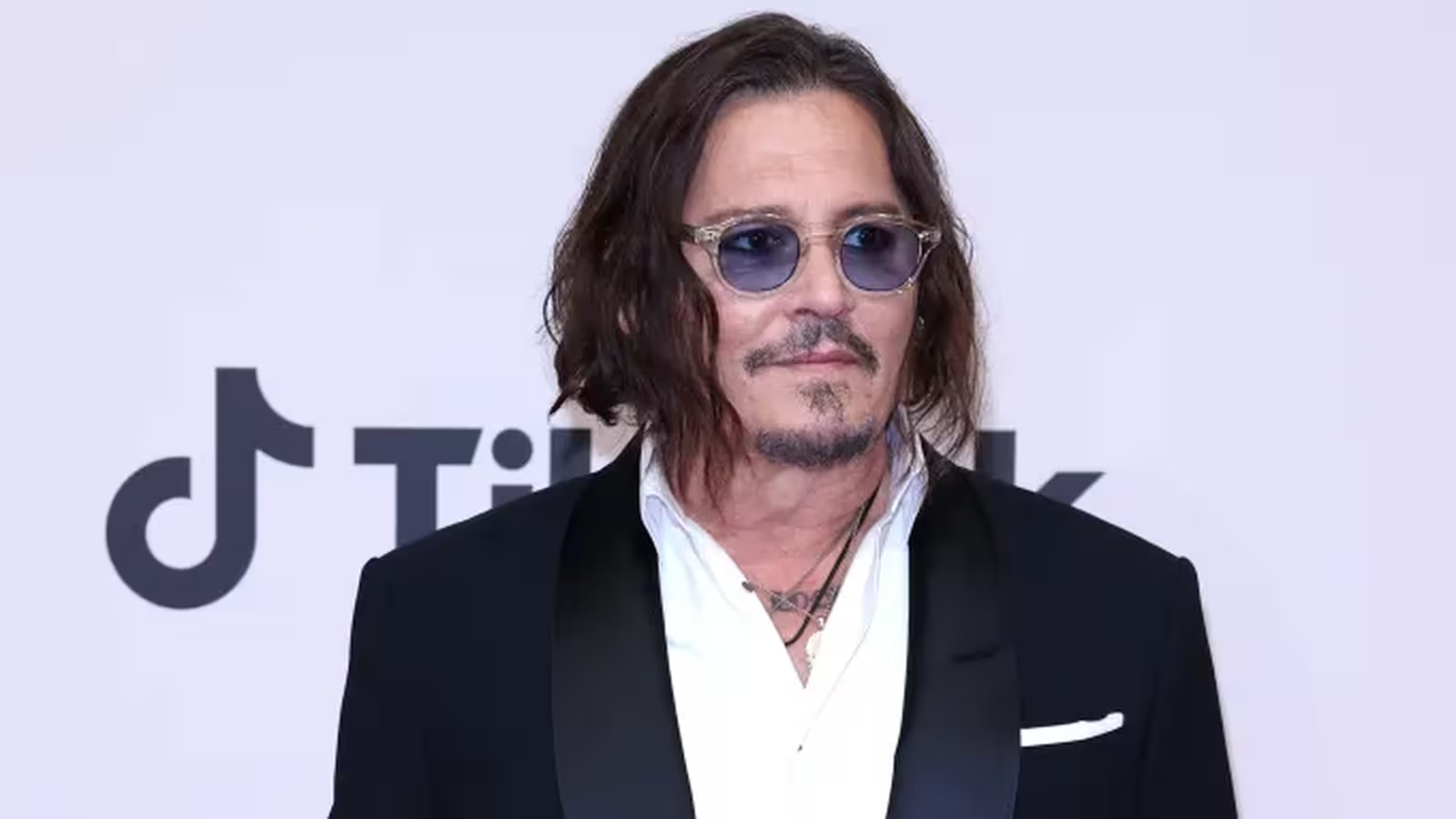5 Minutes
Introduction: The Public Stage and Private Battles
The world of cinema is no stranger to dramatic twists, but few real-life stories have gripped audiences as fiercely as Johnny Depp's turbulent journey through Hollywood, headlines, and the legal spotlight. Known for his unforgettable roles in films like Pirates of the Caribbean and Edward Scissorhands, Depp became the unlikely focal point in a saga blending celebrity culture, justice, and the far-reaching ripples of the #MeToo movement. In an extensive interview with The Times U.K., Depp opens up about life during and after his highly publicized trial with Amber Heard, reflecting on personal choices, legacy, and the ever-shifting landscape of film and society.
The Depp-Heard Courtroom Drama: Plot and Media Frenzy
At the heart of Depp’s recent narrative lies his courtroom battle against Amber Heard. The legal proceedings, broadcast and dissected in real-time, attracted a global audience not only because of the couple’s celebrity status but also due to its intersection with the #MeToo movement, which has empowered survivors to demand accountability in the entertainment industry. Depp was determined to fight publicly for his reputation after a 2018 Washington Post op-ed by Heard, alleging experiences of domestic violence without explicitly naming him.
The six-week trial in Virginia saw intimate details laid bare. In June 2022, the jury unanimously found that Heard had defamed Depp, cementing his claim that, despite public perception, he was seeking the truth for himself and even his children. Meanwhile, Heard became the target of widespread online vitriol—much of it, studies revealed, exacerbated by non-human social media campaigns—which exposed both the power and peril of digital-age trials by public opinion.
Art Imitates Life: Artistic Direction and Hollywood Exile
While most actors hope to be judged solely on screen, Depp's life blurred the boundaries between art and reality. Following his defeat in a separate U.K. libel case against The Sun, which labeled him a "wife beater"—a verdict the judge stood by—Depp was asked to resign from Fantastic Beasts, prompting what he described as a de facto Hollywood “boycott.” For an industry long accused of protecting its own, Depp’s expulsion represented the new volatility facing even its most venerated figures.
Yet, his creative spirit persisted. The San Sebastián Film Festival awarded him their Donostia Prize, recognizing his enduring impact on world cinema. His directorial effort, "Modi: Three Days on the Wing of Madness," received standing ovations, renewing conversation around the separation of art and artist. These events underscore Depp’s belief that “comeback” is a misnomer—he never left, and he never intends to.
Cast and Crew: Loyalty, Loss, and New Collaborations
The Hollywood universe thrives on relationships, both onscreen and off. Depp, reflecting on friends who distanced themselves during his darkest hours, expressed hurt—particularly over those present at his family events who chose industry survival over loyalty. Still, allies remain supportive, with stars like Penelope Cruz set to reunite with Depp in Lionsgate’s anticipated “Day Drinker.” Looking ahead, Depp is slated to work alongside renowned talents including Adam Driver, Jeff Bridges, and Jason Momoa in Terry Gilliam’s visually ambitious project "Carnival: At the End of Days." His continued collaborations signal a willingness among some in the industry to look beyond past controversies, focusing instead on the skills he brings to each new artistic endeavor.
Cultural Impact: #MeToo, Masculinity, and Media Reflection
Depp's narrative exists at the intersection of evolving gender politics in entertainment. By describing himself as a “crash test dummy for #MeToo,” Depp invokes a critical debate on how men accused of abuse are treated in an era keen on accountability but sometimes quick to conflate accusation with guilt. While the #MeToo movement, initiated by Tarana Burke in 2006 and reignited by revelations against Harvey Weinstein in 2017, has reshaped Hollywood’s ethics, Depp’s story complicates the movement’s legacy. Was he a casualty, a beneficiary, or both? Moreover, the trial's outcome and its aftermath raise complex questions on how online culture influences reputations and even legal processes. With Heard facing disproportionate online hostility (much of it automated), the saga exposes the darker underbelly of digital activism—where tribalism can overshadow nuance and empathy.
Critical Perspective: Art, Accountability, and Enduring Legacy
For cinema lovers and industry insiders, Depp’s ordeal is a cautionary tale wrapped in the glitz of celebrity. It illustrates the high stakes for public figures confronting allegations in a hyper-connected world, as well as the importance of due process and the hazards of trial by media. From an artistic standpoint, Depp’s willingness to address personal turmoil head-on—and then pour himself back into new projects—demonstrates both vulnerability and resilience. His narrative both critiques and celebrates the film industry: a space capable of immense creativity, yet susceptible to swift and sometimes uneven judgment.
Conclusion: The Next Act
Johnny Depp’s story is far from over. Whether one views him as a victim, a survivor, or a symbol of cancel culture’s complexities, there is no denying his mark on global cinema. As he prepares for new roles and possibly a return to the director’s chair, audiences are left to wonder what Hollywood’s next big drama—on or off screen—will reveal about the evolving relationship between artists, their art, and the world that watches them.
Source: deadline



Comments